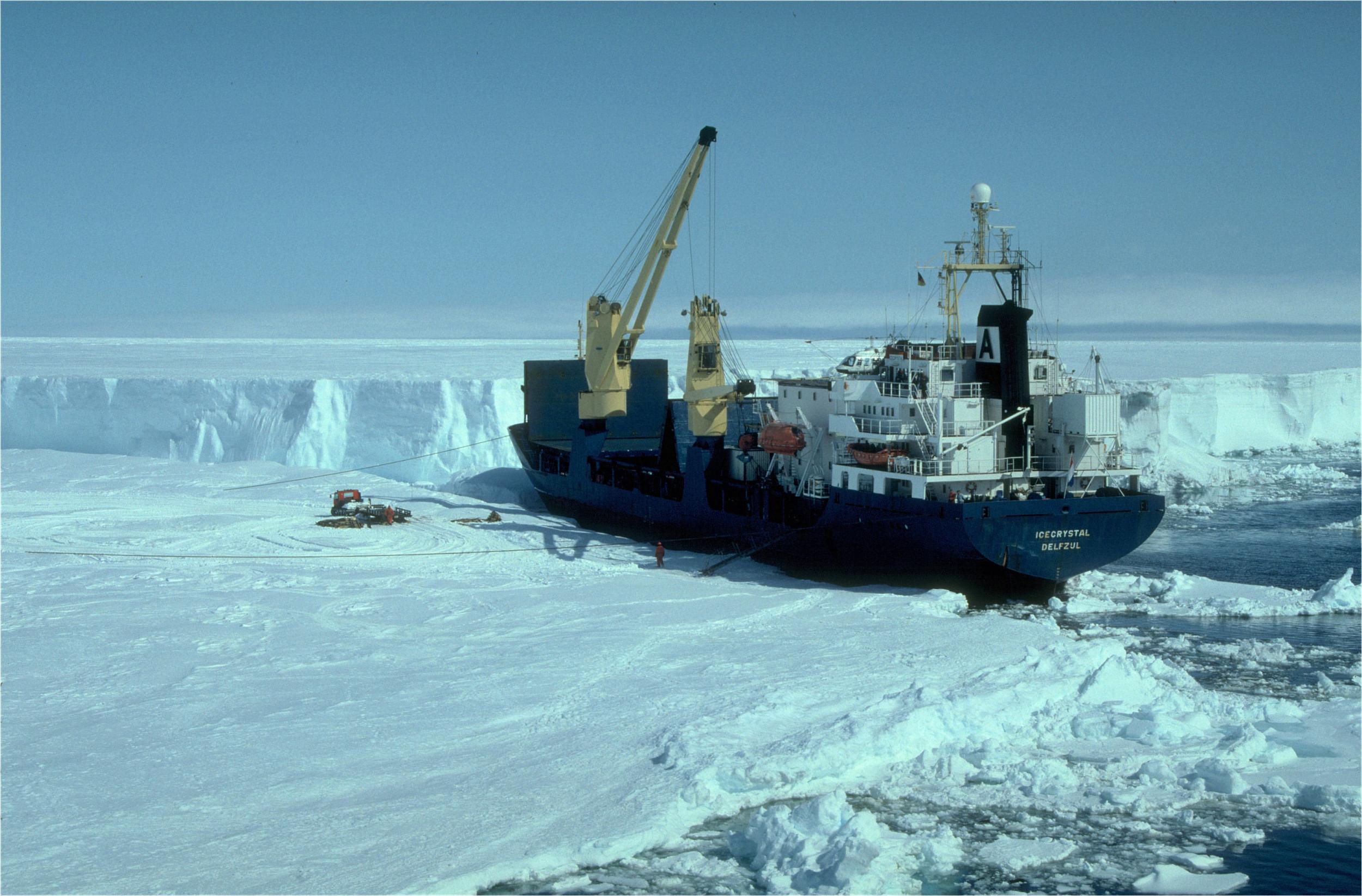Global sea levels may rise more than two metres by 2100
‘We’re closer to business as usual than what we would hope,’ says Professor Jonathan Bamber
Global sea levels could rise by more than two metres by the end of this century if emissions continue in a “business as usual” scenario, a United Nations body has warned.
The international team of researchers said this would have “catastrophic” consequences for the whole world, forcing 187 million people off their land.
Parts of London, Los Angeles, New York and Rio de Janiero could be submerged, leaving 1.79 million km2 of land lost globally, according to the Intergovernmental Panel on Climate Change (IPCC) report.
“The results were worse than we anticipated”, lead researcher Jonathan Bamber, from the University of Bristol told The Independent.
If emissions continue to grow unchecked in the “business as usual” scenario, global temperatures could increase by 5°C by 2100, the report states.
“Five degrees warming by 2100 is a pretty awful scenario, you just don’t want to think about the consequences of that for the whole planet. It would mean that we as a species and many parts of the Earth’s systems would be under serious threat”, Prof Bamber said.
The findings suggest coastal communities should not rule out the possibility of 21st century sea level rise in excess of two metres when developing adaptation strategies.
“We’re closer to business as usual than what we would hope,” Prof Bamber added.
Scientists found that if nations reach emissions targets set by the Paris climate agreement, temperatures would rise by around 2°C by the end of the century, causing 26cm sea level rise.

Traditional methods for predicting rising sea levels from the melting ice sheets in Greenland and the Antarctic are based on numerical modelling.
Such projections remain challenging due to uncertainty about how the Greenland and Antarctic ice sheets are responding to climate change.
A team of international scientists used a technique called structured expert judgment to ask 22 ice sheet experts to estimate plausible ranges for future sea level rises.
They asked them to consider the projected melting of each of the Greenland, West Antarctic and East Antarctic ice sheets under low and high future global temperature rise scenarios.
Prof Bamber said: “Structured expert judgment provides a formal approach for estimating uncertain quantities based on current scientific understanding, and can be useful for estimating quantities that are difficult to model.”
A two-metre rise in global sea levels “could result in land loss of 1.79 million km2, including critical regions of food production, and potential displacement of up to 187 million people,” Professor Bamber said.

The structured expert judgment process provided an opportunity for experts to discuss their scientific rationales for the quantitative judgments they make on uncertainties relating to future ice sheet contributions to sea level.
The study is published in the journal Proceedings of the National Academy of Sciences of the United States of America.
Join our commenting forum
Join thought-provoking conversations, follow other Independent readers and see their replies
Comments
Bookmark popover
Removed from bookmarks